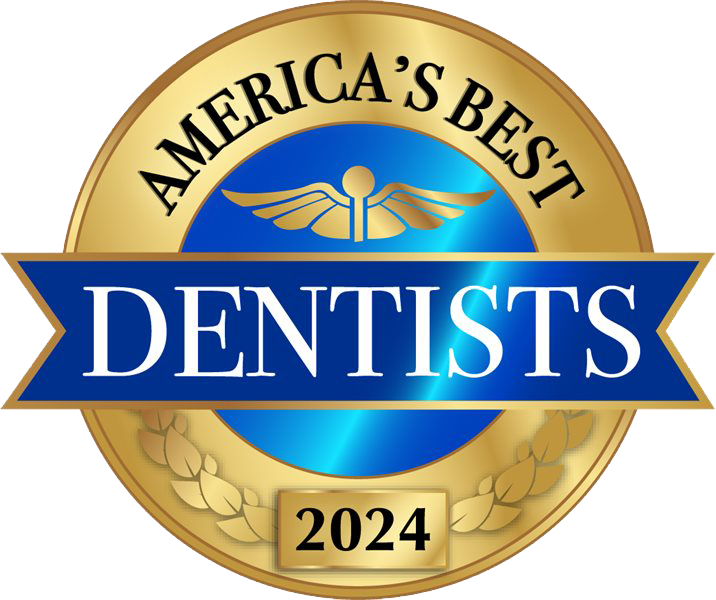Blog Layout
TMJ / Bruxism: The Cause of Your Headaches and Facial Pain
Cherrywood Dental • Mar 06, 2019
If you suffer from facial pain and migraines, the problem might come from your jaw. Your joints (TMJ) are the joints and attached muscles that allow you to open and close your mouth. Without them, you couldn’t talk, chew, or swallow. Problems that affect these joints include attached ligaments, muscles, and even your jaw. TMJ disorders can result in pain in the ear, jaw, and one or both TMJ. Aching facial pain may be experienced as well. TMJ disorders can even cause pain and difficulty when chewing or locking of the joint which makes it difficult to open or close your mouth.
There are several different causes for TMJ disorders, including:
- Dislocation or injury
- Arthritis
- Problems with tooth and jaw alignment
- Teeth grinding
Bruxism
Bruxism is defined as a condition in which you clench, grind, or gnash your teeth. It is common for patients to be completely unaware of the problem of whether bruxism occurs during sleep or wakeful hours. Mild bruxism may be temporary and not even require treatment. Severe bruxism can have a serious impact on your health. Some of the symptoms include:
- Sleep disruption
- Grinding loud enough to wake your partner
- Headaches
- Worn tooth enamel or damaged teeth
- Tired or tight jaw muscles
- Locked jaw that won’t open or close completely
- Ear or face pain
How Tension Affects Your Teeth
Tension is the number one reason people grind their teeth. Other reasons include sleep disorders, side-effects of certain medications, and uneven bite. Bruxism causes pain and can also cause serious damage to your teeth. Grinding your teeth can cause them to wear down faster. When enamel wears away, teeth are more sensitive, and actually, grow weaker and more prone to cracks. Without treatment, bruxism can cause tooth loss and even gum inflammation or receding gums.
Getting Relief
Treatment for bruxism and TMJ can help ease your pain. Visiting your dentist when pain begins will help you get diagnosed quickly and find the treatment that is best for you. Treatment for jaw pain depends on the cause and severity of your condition. Your treatment plan may use a combination of office and at-home techniques. Some treatments for TMJ disorders include:
- Avoid stress.
- Try a night guard.
- Seek orthodontic treatment.
- Consider Botox.
- Perform exercises that stretch your jaw.
- Visit your dentist regularly.
At Cherrywood Dental Associates we get to know each patient on a personal level to provide gentle caring services that you can count on. If you suffer from jaw pain, headaches, or tooth damage from grinding your teeth, contact us today for a free consultation and get your pain-free sparkling smile back.
Sources:
https://www.mouthhealthy.org/en/az-topics/t/tmj
https://www.mayoclinic.org/diseases-conditions/bruxism/symptoms-causes/syc-20356095
© 2024
All Rights Reserved | Cherrywood Dental Associates
781-469-0771
301-973-6160
Website designed and maintained by Xpress, INC

